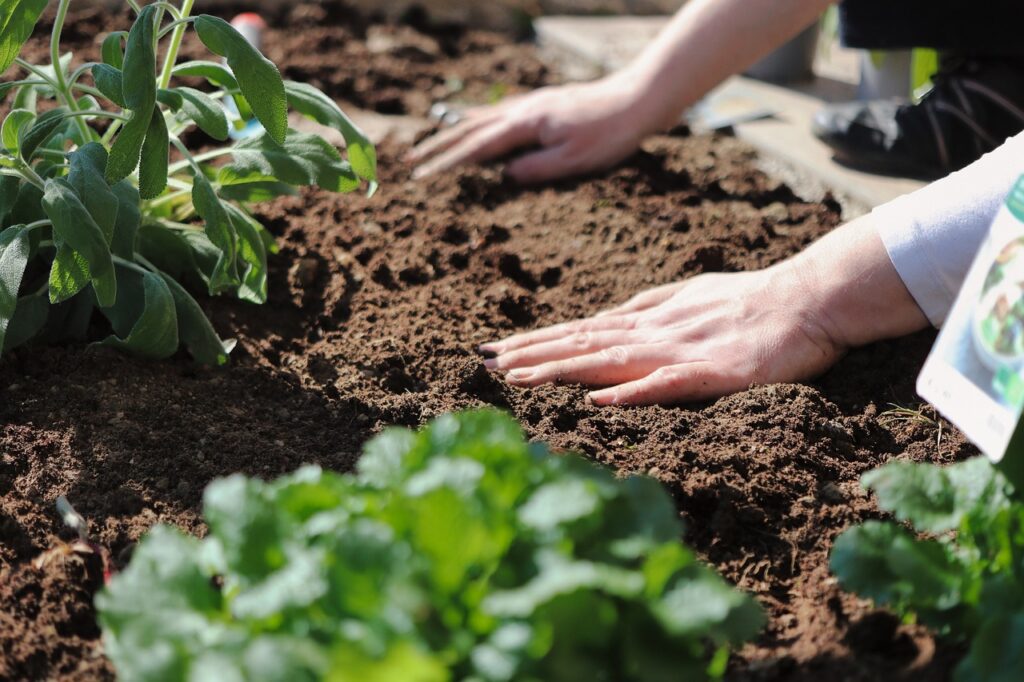
Sustainable Agriculture: Cultivating a Greener Future
Sustainable agriculture isn’t just a buzzword; it’s a necessity for our planet’s well-being. As we face the challenges of climate change, soil degradation, and dwindling natural resources, the need to adopt sustainable farming practices has never been more urgent. In this blog post, we’ll delve into the principles of sustainable agriculture and explore how they can pave the way for a greener future.
Understanding Sustainable Agriculture
At its core, sustainable agriculture aims to meet the needs of the present without compromising the ability of future generations to meet their own needs. It encompasses a range of practices that prioritize environmental stewardship, economic viability, and social equity. By nurturing the health of ecosystems, conserving resources, and promoting biodiversity, sustainable agriculture offers a holistic approach to food production.
Key Principles of Sustainable Agriculture
- Soil Health: Healthy soil is the foundation of sustainable agriculture. Practices such as crop rotation, cover cropping, and minimal tillage help improve soil structure, enhance fertility, and reduce erosion.
- Water Conservation: With water scarcity becoming increasingly prevalent, sustainable agriculture emphasizes efficient water management techniques. Drip irrigation, rainwater harvesting, and soil moisture monitoring are just a few strategies employed to conserve water on farms.
- Biodiversity Preservation: Encouraging biodiversity is essential for maintaining resilient ecosystems. Agroforestry, the cultivation of diverse crop varieties, and the preservation of natural habitats all contribute to biodiversity conservation on agricultural lands.
- Integrated Pest Management (IPM): Instead of relying solely on chemical pesticides, sustainable agriculture promotes IPM strategies that minimize pest damage while minimizing environmental impact. This may involve biological controls, crop rotation, and the use of pest-resistant crop varieties.
The Benefits of Sustainable Agriculture

Sustainable agriculture offers a multitude of benefits, both for farmers and the environment. By fostering resilient farming systems, it helps mitigate the impacts of climate change, such as extreme weather events and shifting growing seasons. Additionally, sustainable practices often result in higher yields over the long term, as healthy soils and diverse ecosystems are more productive and resistant to pests and diseases.
Challenges and Opportunities

While the benefits of sustainable agriculture are clear, transitioning to these practices isn’t without its challenges. Farmers may face initial costs and technical barriers when implementing sustainable methods. Moreover, there’s a need for supportive policies and incentives to encourage widespread adoption.
However, these challenges also present opportunities for innovation and collaboration. By investing in research and education, supporting small-scale farmers, and fostering partnerships between stakeholders, we can overcome barriers to sustainability and build a more resilient food system.
Conclusion

In conclusion, sustainable agriculture offers a pathway towards a more resilient, equitable, and environmentally friendly food system. By prioritizing soil health, water conservation, biodiversity, and integrated pest management, we can cultivate a greener future for generations to come. Through collective action and a commitment to sustainability, we have the power to nourish both people and the planet.
Stay tuned for more insights and updates on sustainable agriculture!